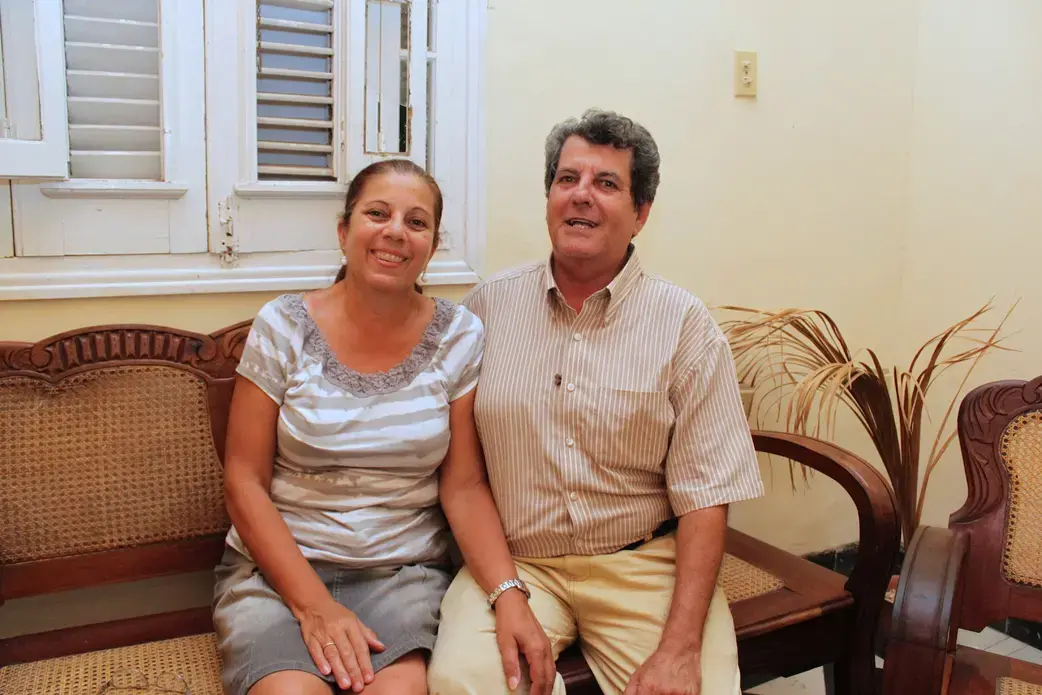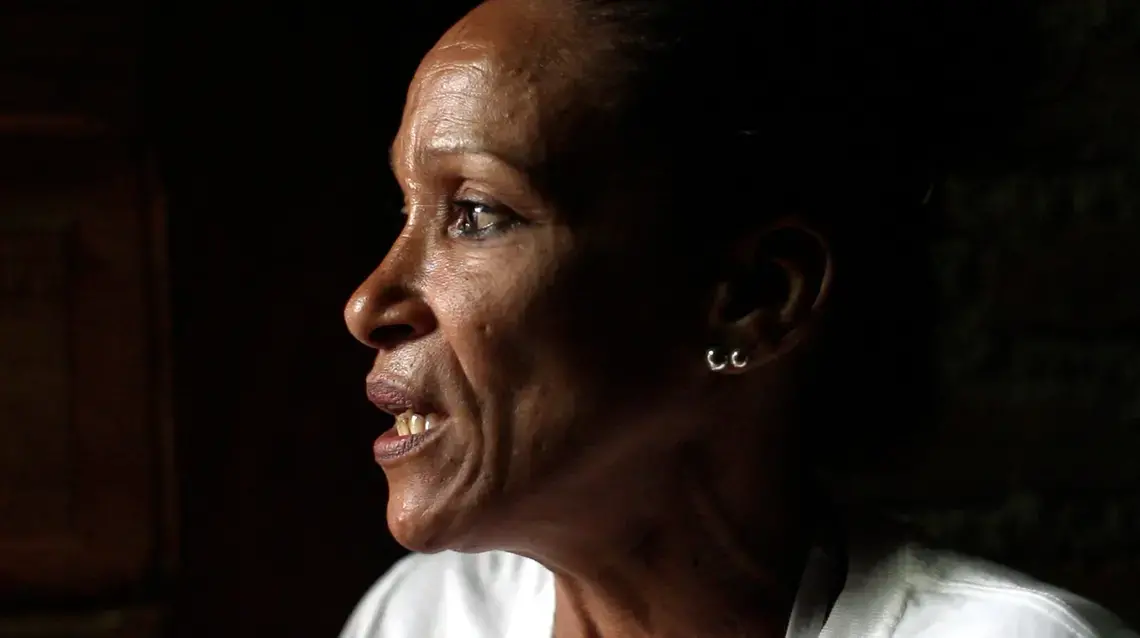Human rights activists are circulating a petition asking Cuban authorities to allow outside investigators to examine the cause of a July 22, 2012, crash that killed two dissidents in eastern Cuba.
"The families of the two deceased dissidents are not looking for someone to blame, but for the truth," reads the petition, which has drawn more than 1,750 signatures since it was posted at Change.org.
Oswaldo Payá, 60, one of Cuba's most prominent dissidents, and Harold Cepero, 27, were killed after the car they were riding in slammed into a tree on the road leading from the town of Las Tunas to Bayamo. Cuban authorities blame the driver Ángel Carromero, a political activist from Spain who is expected to go on trial for vehicular homicide charges on Aug. 31 in Bayamo.
In a video shown to reporters, Carromero said he lost control of the rented Hyundai Accent on a bad section of roadway.
The Cuban government's accident report reads:
"Angel Carromero told the investigating unit that he could not remember having seen the signs warning about the state of the road. He added that he entered the dirt road at a speed he cannot determine because he had not looked at the speedometer and that when he realized he was driving on gravel he tried to slow down by braking suddenly and the car began to slide sideways until it hit a tree."
The report blamed Carromero for "careless driving, excessive speed" and hitting the brakes "violently on a slippery surface."
If convicted, he could receive a 10-year prison term. Prosecutors are asking for seven.
A Swedish political activist, Jens Aron Modig, was also riding in the car. He told authorities he was knocked out and doesn't remember the accident, and has since returned to Sweden.
Modig and Carromero said they were in Cuba to deliver nearly $5,000 to Payá and to help organize dissident youth. They both denied initial reports that another car may have forced theirs off the road, causing the accident.
Carromero had driven nearly 500 miles in eight hours with three stops that day, Cuban investigators say. They estimate his average speed was almost 75 miles per hour.
Carromero had a below par driving record in Spain. He had piled up at least three speeding tickets and more than 40 parking violations since 2010, leading authorities to revoke his license, El País newspaper reported.
Payá's widow, Ofelia Acevedo, does not blame Carromero and joins those people who are calling for an independent crash investigation.
Phil Peters, a former State Department official and creator of The Cuban Triangle blog, said accusations that Cuban authorities somehow had Payá killed "seem hasty and very political."
It's "quite plausible," Peters wrote on Aug. 10, "that an amateurish political operation intended to help Cuban dissidents ended up getting two of them killed."
I knew Payá and had interviewed him several times since the 1990s. I met with him and his wife, Ofelia Acevedo, in July 2010 as part of an investigative project that I have been doing with Pulitzer Center support.
I asked Payá what it was like to try to bring about change in socialist Cuba. He complained that state security agents followed him when he traveled. Just a few days earlier, he said they had tried to convince a driver to drop him off in the middle of nowhere while taking him back to Havana from the town of Cienfuegos.
"The driver refused to drop me off," Payá said.
He didn't expect the harassment to end anytime soon.
"State security restricts, persecutes, expels many dissidents from work, their family members, too," he said. "And then many people are scandalized because some in the U.S. and around the world want to send aid to dissidents."
We also talked about the U.S. government financial support for Cuban dissidents.
"That's not going to dictate change," Payá said, "but nor should it be an excuse for failing to recognize the essence of the problem. And the essence of the problem is that the Cuban government does not recognize the rights of Cuban citizens in Cuba. And that's called tyranny, that is oppression and that causes many Cubans to suffer."
Unfortunately, Payá said, most Cubans are poor and "do not have a vision of their future in Cuba."
"Therefore they want to leave the country. So the problem is in Cuba, and the solution is in Cuba and among Cubans," he said.
I was in Cuba again this summer, two years after the interview with Payá. This time, I met with dissidents in eastern Cuba, where there is scant press coverage of the political opposition. I interviewed Arelis Rodríguez Chacón, a member of Las Damas de Blanco, or Ladies in White. She said she lived in fear that government agents would beat or kill her.
I also sat down with José Daniel Ferrer, a dissident leader who lives near the eastern city of Santiago de Cuba. He said the internal political opposition is growing stronger, despite government arrests and intimidation.
The next day, while driving toward Havana, I passed the exact spot where Payá's car would crash four days later.
The highway at that point quickly deteriorates into a gravel road. When I hit that spot while going to Bayamo I thought that maybe I had taken a wrong turn. I picked up a hitchhiker who had just gotten off a truck that was part of a highway repair crew. She confirmed we were on the road to Bayamo and we went on our way.
I expected Cuba's main east-west thoroughfare to be bigger and wider, but it's a narrow, two-lane country road carrying everything from farm equipment and old Russian trucks to semi-trailer tractors and Chinese and Korean rental cars.
Everyone moves along at dramatically different speeds. I saw decades-old American cars weave around horse carts that were passing bicyclists, filling both lanes of traffic. I watched a woman push a baby carriage – with baby – along a shoulderless downhill stretch of the road.
I left Cuba on July 22 just hours before Payá and Cepero were killed. Their car crash came nine months after the death of Laura Pollán, another opposition leader I had interviewed. You can see a video of that interview here.







